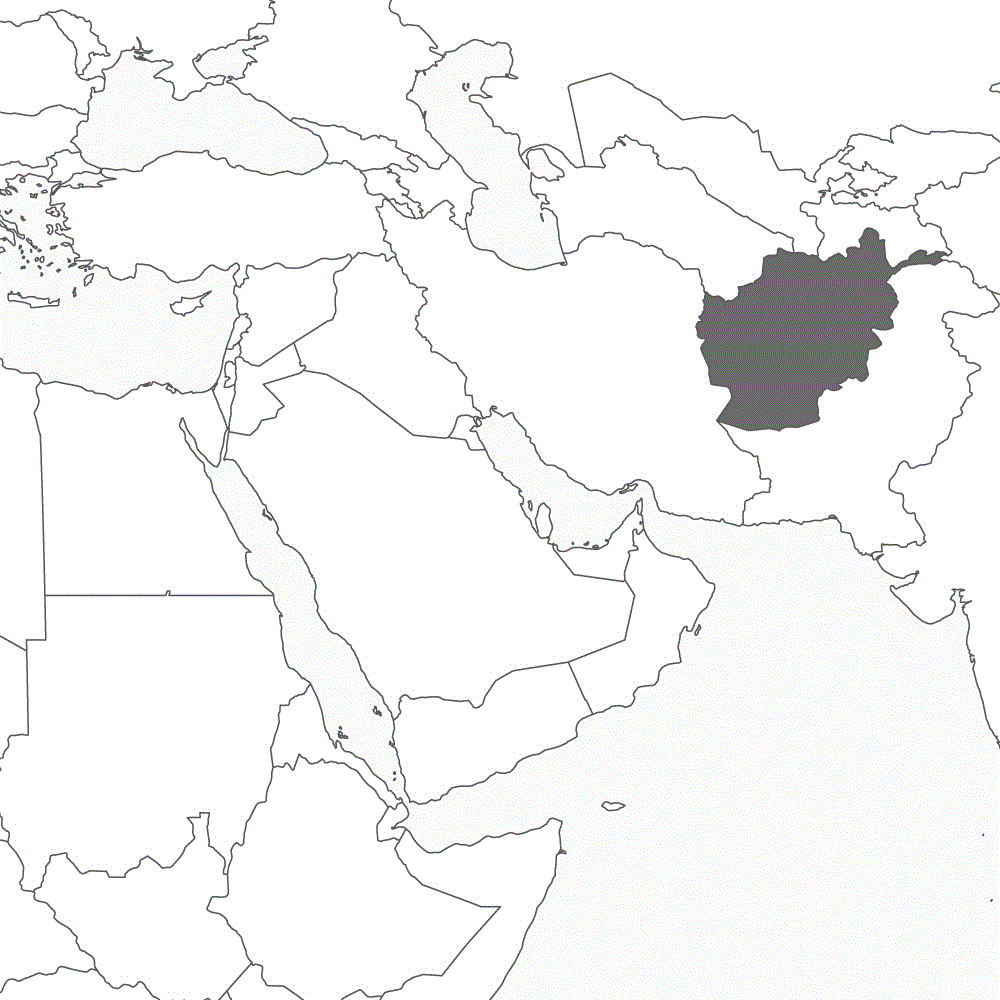Militarisation
GIFHORN/BAGHDAD (german-foreign-policy.com) - The German Federal Police has the perspective of possibly being deployed in Iraq, in autonomous units, to "provide security." This was confirmed, in response to a inquiries by german-foreign-policy.com by a speaker of the German Trade Union of Police (GdP). The German Federal Police is the continuation of the Federal Border Security, (BGS), whose special operations, around the world has led to several deaths. 119 Federal police officers of a newly mustered intervention force, have been stationed in Gifhorn, a town in Northern Germany. A hundred uniformed troopers will follow this contingent next January, which within six months training will be ready for collective foreign deployment. An element of their training program will be "riot control," for which the Federal Police officers are to become deployable for missions in Iraq, Afghanistan or Kosovo. As expressed by the chairman of the German Police Union, an additional weaponry - including machineguns - is being contemplated.
As soon as the situation quiets down, the Federal Police could also be deployed to Iraq, the GdP press spokesman told german-foreign-policy.com. The prerequisite would be a calming down of current combat. German police operations in Iraq are not new, but before they were limited to single police measures. It was during one of these missions, in collaboration with the German foreign intelligence service (BND), in Iraq's Falludja, that two BGS officers were killed. The units 1)arriving in Gifhorn in January, will not only be trained for intervention in small groups, but will also be prepared for more massive intervention as an autonomous "riot control" unit. "They are doing an important job," intoned Hubertus Heil, a Social-Democratic parliamentarian, at the reception held for the first troops arriving in Gifhorn.
Rabble
Included in their new tasks is "the management capabilities of demonstrations" that take place in opposition to the western occupier in Afghanistan or Iraq. 2)Rather than confront a situation with tanks - in this case of "rabble that are possibly gathering to form a mob" - it is preferably dealt with by an "autonomous police unit," argues the BGS specialist with overseas experience. It is even admitted by the press spokesman of the GdP, that these types of interventions are carried out in the twilight zone between legality and illegality. The Federal Police will be brought into situations "that will have more of a military character," he told german-foreign-policy.com. 3)
Machineguns
Within the GdP leadership - which maintains close relations with the Federal Ministry of the Interior - deliberations are taking place concerning furnishing the troops with the corresponding combat weaponry for future theatres of engagement. Therefore the Federal Chairman of the GdP, Konrad Freiberg, expressed his opinion, that the police units, operating worldwide under the command of the German Interior Minister, "must have armored vehicles" 4)and placing also "machineguns for these deployments" at their disposal is worth contemplating. Machineguns, Freiberg mentions, are combat weapons, whose use is conditional upon the status of being combat troops. Each unit, armed with such weapons, is subject to the regulations of The Hague "Convention Respecting the Laws and Customs of War on Land" - a police unit, therefore, it is no longer.
Obsessed
As Freiberg confirmed, the contemplated weaponry, would necessitate changes in the law, and these are being currently negotiated. But the foreign political militarization is undisputed, the dissention concerns the question of confederate competence among the several German Länder (states). Several of the German federal Länder governments fear a loss of their influence within their particular federal police corps, which could become dominated by the national organization of the Federal Police in Berlin and therefore accuse the interior minister of being "obsessed by centralization." 5)
Lateral
What is seen as a loss of a sense of reality - which is what the opposition accuses the current administration of - is, in fact, an expression of the structural requirements for the conversion of the forces of repression. Its capability to intervene at the four corners of the globe, according to politicians, experts in German foreign policy, can only be assured when the existing potential is consolidated as soon as possible under a central command. Measures to this effect are being undertaken at all civilian and military levels. As such, the militarization of German police structures provide also a lateral significance, just as the efforts being undertaken in the intelligence services.
1) "Willkommen in Gifhorn"; Braunschweiger Zeitung 06.07.2005
2) Achim Gutzeit: Entlastung für die Bundeswehr? Die geplante BGS-Truppe für den Auslandseinsatz; Streitkräfte und Strategien (NDR) 02.07.2005
3) Presseanfrage 06.07.2005
4) Achim Gutzeit: Entlastung für die Bundeswehr? Die geplante BGS-Truppe für den Auslandseinsatz; Streitkräfte und Strategien (NDR) 02.07.2005
5) "Wer Spiele stört, wird abgeführt". Interview mit Günther Beckstein; Die Welt 06.07.2005
